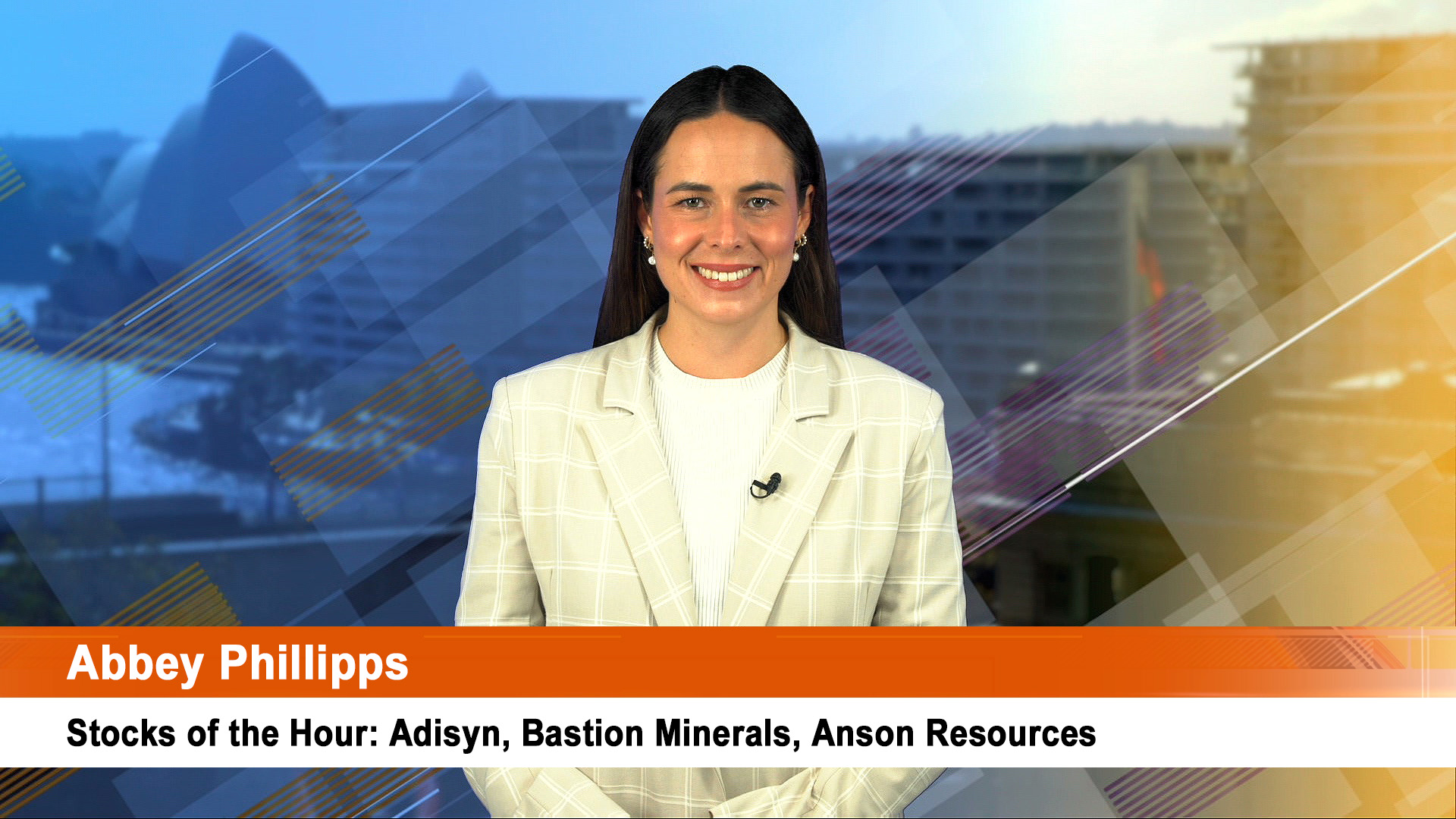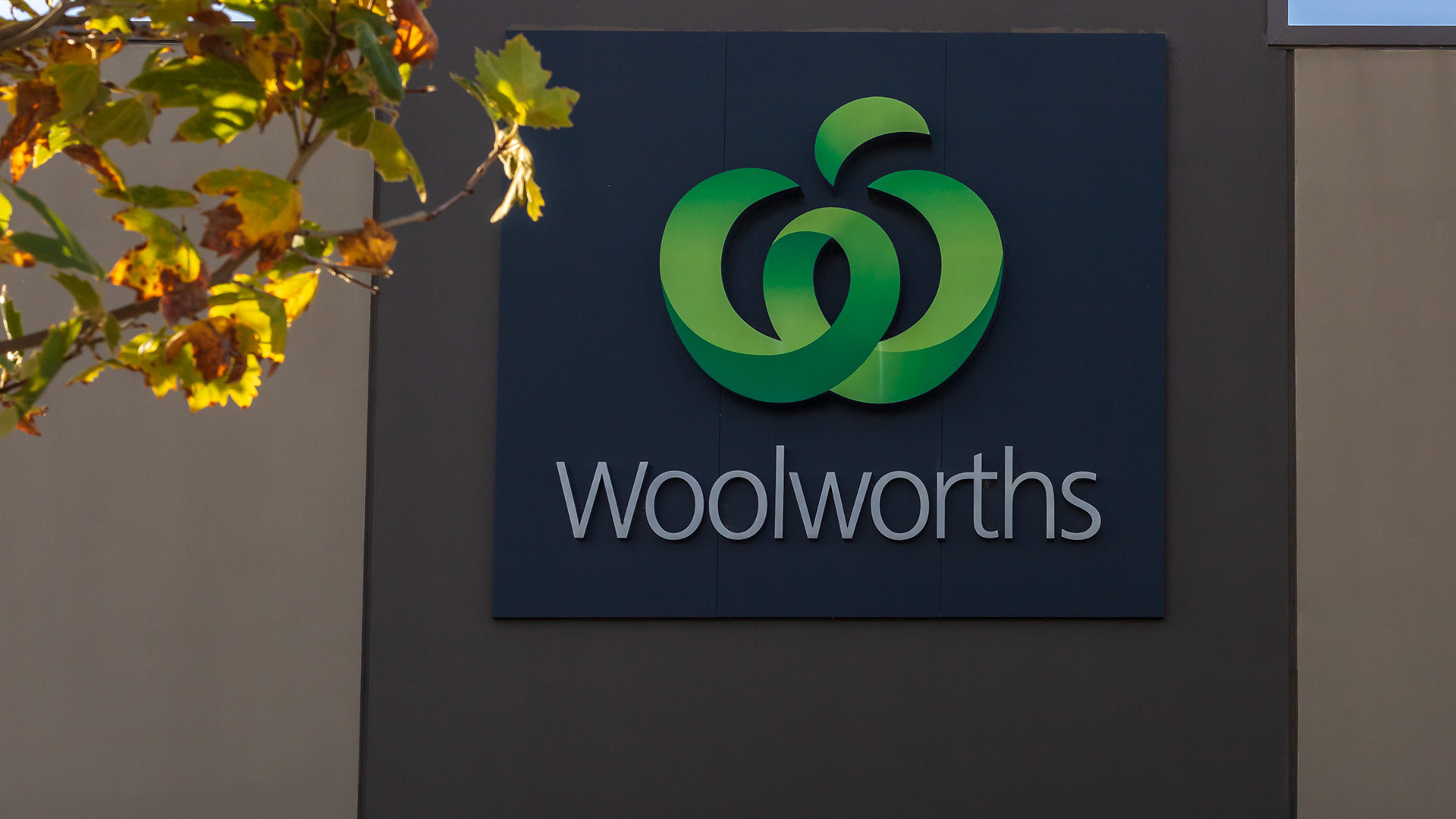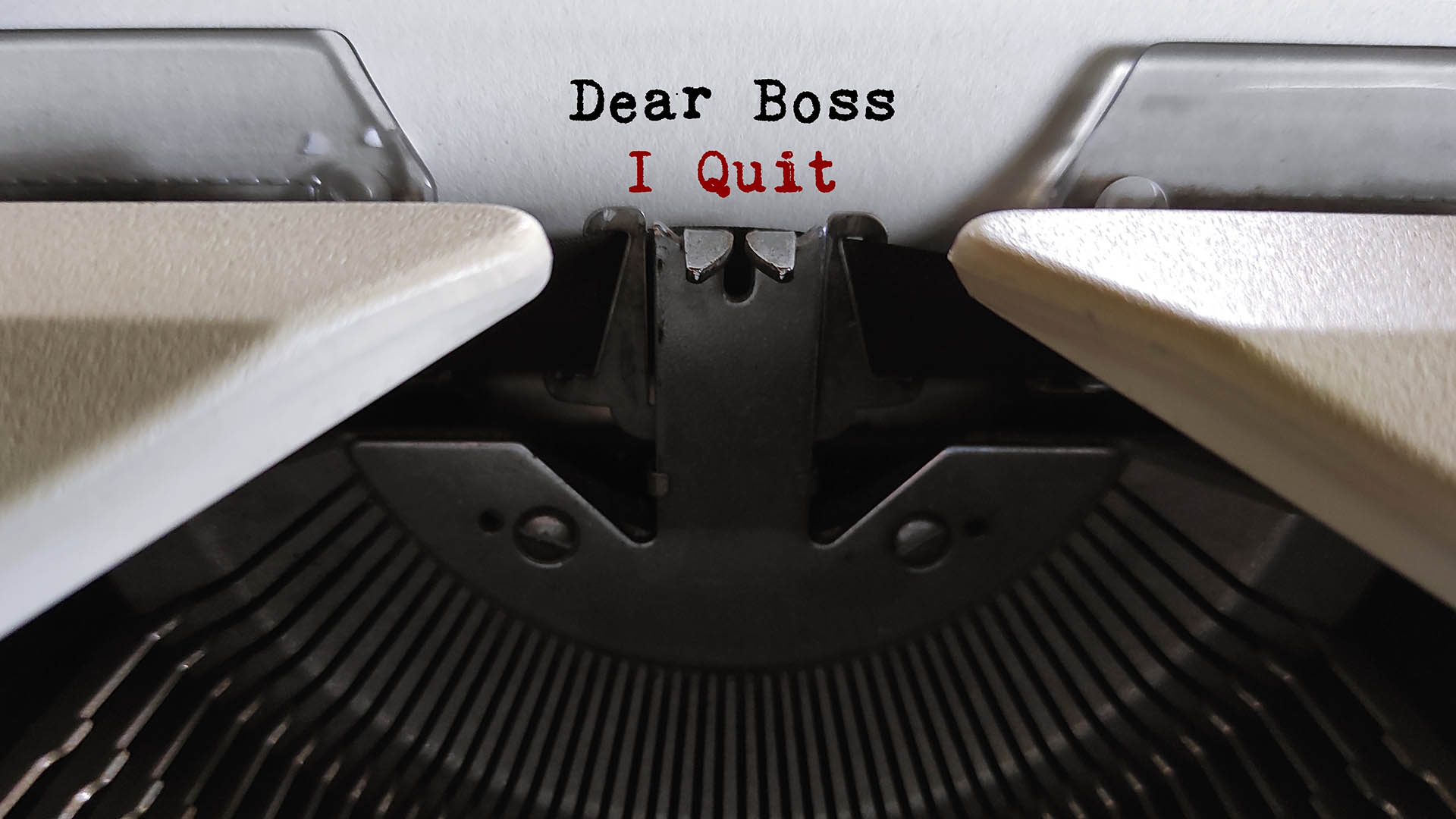Melbourne-based listed investment company, Djerriwarrh Investments is maintaining interim dividend despite a sharp fall in earnings for the December half, and plans to pay an unchanged final for the six months to June.
The news was greeted warmly by the market with the shares boosted more than 4%, or 19 cents, to $4.76, the highest level for more than 18 months.
The company yesterday was one of the first December balancing groups to report its interim results.
They weren’t pretty with earnings off 49%.
The bottom line from the sharp fall in revenue and profits is that the company was hit by the cuts in final 2009 dividends from many of the companies it invests in (such as the big banks).
That will be a trend that will be repeated in the coming interim results from other listed investment companies, such as stablemate, Australian Foundation, and rivals Argo and Milton.
They will no doubt emulate Djerriwarrh (DJW) in limiting the impact on shareholders by trying to keep payouts steady by dipping into reserves to cover any shortfall.

DJW said yesterday it was keeping interim payout to shareholders at 10 cents a share, despite earnings per share of 7.23 cents in the December half falling from 14.29c in the previous corresponding half.
"It is the Board’s current intention, in the absence of any unforeseen events, to maintain the final dividend for the period ending 30 June 2010 at last year’s level of 16 cents per share.
"The discount on the Dividend Reinvestment Plan has been maintained at 5%," directors said.
The fall in income from substantial cuts in dividends slashed the investment company’s interim net profit after tax to $15.132 million, down from $29.718 million during the previous corresponding period.
Revenue from operating activities (excluding capital gains) fell 44% to $16.294 million to December 31, 2009, from $29.271 million for the previous corresponding period.
Djerriwarrh’s decline in income was consistent with the substantial cuts in dividends made by companies following the global financial crisis last year, the company said yesterday.
"Income from option activity was also down as volatility levels fell, interest rates remained low and markets recovered."
But "it is anticipated that there should be a small recovery in dividends as company earnings improve," Djerriwarrh said in a statement to the ASX.
"In line with the general rise in the market the Company’s portfolio return was positive 26.9 percent over the half year compared to the 25.6 percent rise in the S&P/ASX 200 Accumulation Index.
"Net Operating Profit, which measures the underlying income generated from the investment and trading portfolios, was down to $20.1 million from $37.0 million over the corresponding period last year. This result is in line with the advice provided to the market by Directors in late November 2009.
"Reported Profit for the half year was $15.1 million versus $29.7 million last year.
"These figures include realised losses up to 7 December 2009 when the Company adopted the new accounting standard dealing with amongst other things the treatment of realised gains and losses, this being the earliest possible date of adoption.
"The strongly rising market led to call option positions being exercised across a number of holdings, the largest being Commonwealth Bank, National Australia Bank, Westpac Bank, ANZ and Rio Tinto.
"However, where it was sensible from an investment perspective, quite a number of option positions were also bought back and moved to positions with higher exercise prices. This has had the effect of moving some option income into the second half of the financial year.
"In managing the portfolio during the period the Company also participated in a small number of capital raisings and discounted dividend reinvestment plans.
"The level of gearing in the portfolio was also reduced as bank debt was repaid and the Convertible Notes were redeemed or converted to shares at the end of September.
"The Company had a cash position of $40 million at 31 December 2009.
"The lower level of option volatility may provide some challenges for generating option income in the second half of the year.
"However, it is anticipated that there should be a small recovery in dividends as company earnings improve.
"We remain somewhat guarded about the recent strength of the market recovery and are therefore likely to restore call option coverage over the portfolio during the second half of the year from the present level of 28 per cent to a relatively higher position.
"Net tangible assets per share before any provision for deferred tax on the unrealised gains on the long-term investment portfolio as at 31 December 2009 were $4.06 (before allowing for the interim dividend), up from $3.16 (also before allowing for the interim dividend) at the end of the previous corresponding period," the company said.













